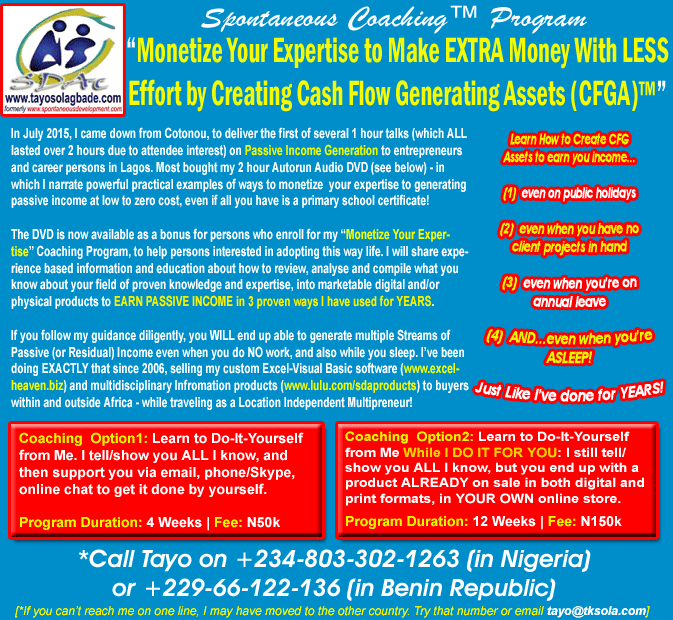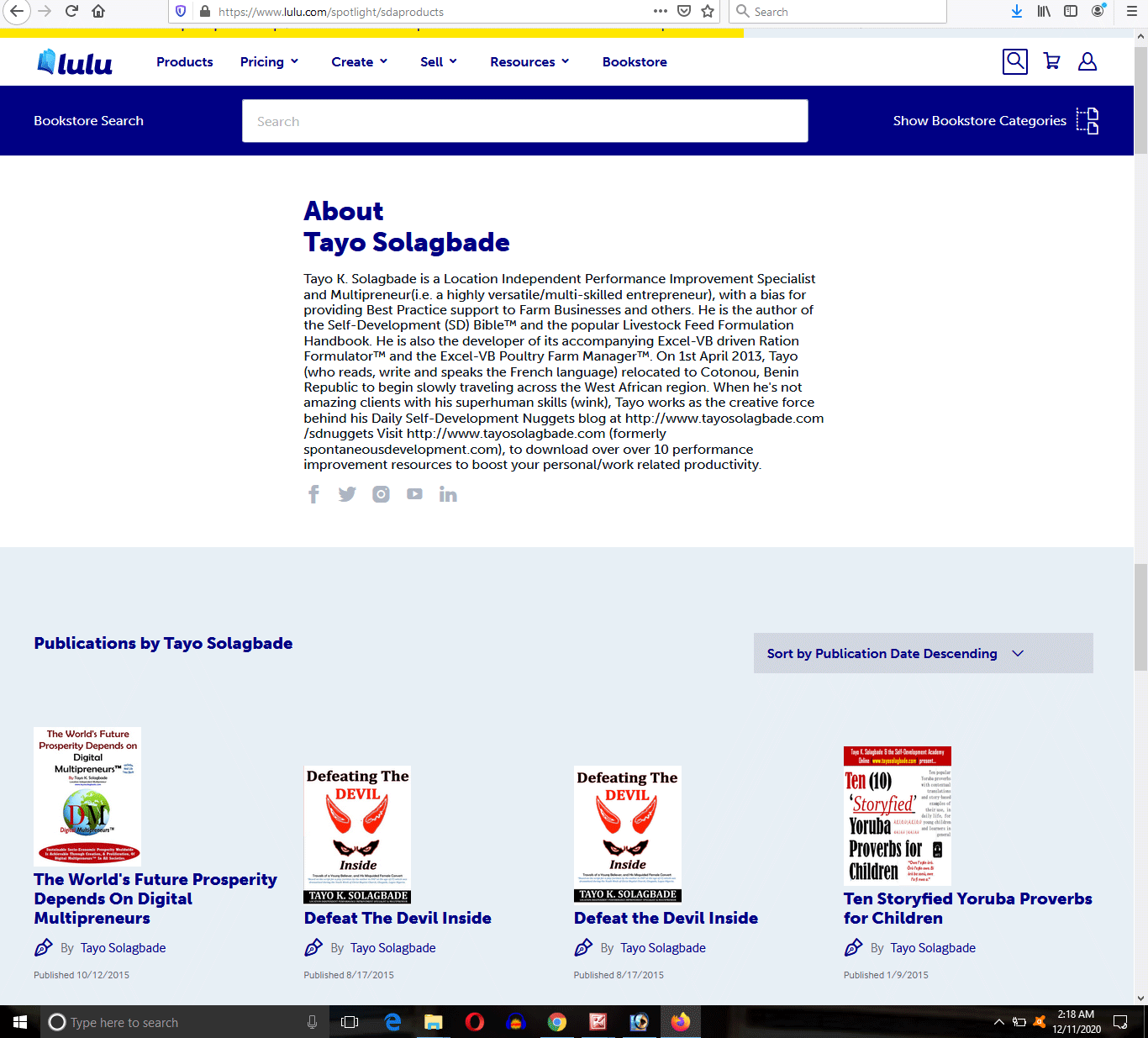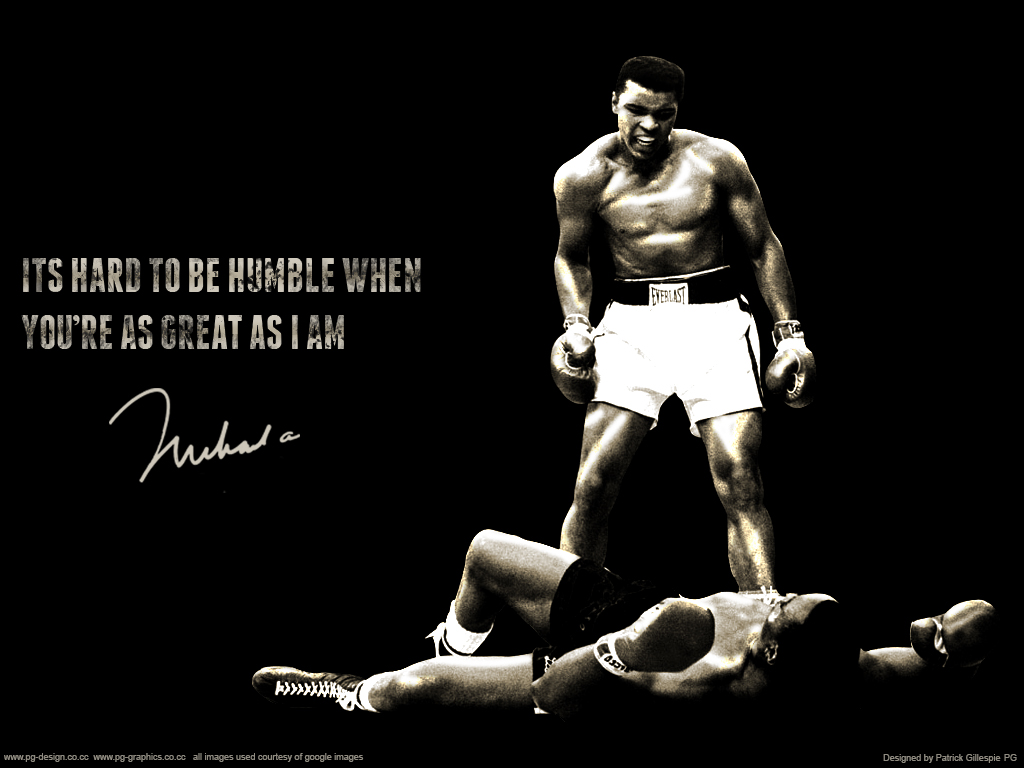For some time now, I have had the opportunity to discuss extensively with many entrepreneurs and business owners(some being clients for whom I had to build websites) about what kind of online presence they need to have for their businesses.
In many cases I have found these individuals to be MORE preoccupied with the aesthetics of the site, than they are with the “selling” ability of the site.
And yet, there is hardly any business owner who does not know that increasing marketing reach and effectiveness – which a website can greatly facilitate – is crucial for continued growth and profitability.
This article outlines essential features of a website that works(and potential key benefits to be reaped) , which any business owner should aim to get if s/he hopes to maximise returns from investing in a website.
You Cannot Cash “Compliments And Admiration” In The Bank!
Sorry about this one. I know it’s obvious, but when you go by the number of people who think it is the volume of “Ooh’s”, “Aahs”, and “Wows” that their website brings out of people, that proves it’s working, you will understand why I choose to include it here.
Otherwise intelligent business owners that I have had to work with in building their sites, obsessed so much on the colors, image effects etc of the site. Ignoring repeatedly every attempt I made to get them to answer my queries about – and focus on – how their content could be crafted and evolved over time, to get visitors to do what they as the business website owner NEED.
And what the latter needs is increased business marketing outreach to a larger pool of potential buyers at lesser COST, with lesser effort, in less time, while using lesser resources!
The Best Judge Of A “Good” Website Is The Target Audience/Customer & YOUR Pocket
Only the reaction of those you aim to reach out to using your business website(i.e. potential customers) will be a VALID assessment of how “good” your website is.
If they visit it,and do what you want (e.g. stay long/return, to read/click on article links and your Google ads etc) then your website could be said to be “working”. If they go further and use your website contact form to submit requests for more information or if they signup for a FREE offer or newsletter, your site would also be working.
If after they contacted you using your website form in a bid to buy from you(or if they made a purchase from your site using secure purchase tools you provided), the website would DEFINITELY be working.
But then even if you do not make a single sale online, but you find you are able to cut down on your daily offline business marketing expenses because the website offers tools you can use to achieve the same results online, then your website would be working.
Simply put, any website that enables you to do MORE of what you do to win SALES, while helping you EXPEND LESS time, effort, resources and especially MONEY(so that you retain MORE of your income in your “pocket” as profits), is a website that works.
A Website That Works Will Pay For Itself – AND Do More!
The challenge therefore for you as a business website owner is to find out HOW you can make your website do the above(i.e. helping you EXPEND LESS time, effort, resources and especially money).
Does your website already do this for you?
If NO, then a simple cost-benefit analysis is likely to reveal to you the sad fact that your website is nothing more than a drainpipe for your hard earned profits – since you must annually renew your domain name and hosting accounts.
Your website must not only pay for its own maintenance, but it must also help to make your business MORE effective, efficient and therefore profitable.
If that is not currently the case, then I have a sneaking suspicion that when you had your website built, you did not get a Web Marketing Strategy developed along with it. That’s not too good.
A web marketing strategy will influence the Search Engine Optimization(to make search engines find your website when the relevant search strings are used by your potential customers) that will be done for the site.
It will affect the decision about the site layout and logic. It will affect decisions about content copy writing for the site etc. And it will guide the owner on what to do daily, weekly, monthly in order to make the website deliver the results s/he wants when and how s/he wants it.
If you don’t have a web marketing strategy, it means you have been (or will be) working in the dark, and are not getting as much out of your website as it has the potential to deliver.
But thankfully, you can always remedy that problem. But this time, you must do it right. For one thing developing your web strategy if done properly could end up requiring that you make one or more changes to your website design.
That’s the price you have to pay for putting the cart before the horse as it were. I suggest you conduct a careful search for a good web designer who demonstrates a willingness to educate and guide you(while building a website that does what you NEED for your business) by helping you develop a Web Marketing Strategy to use with it.
Read my article titled “How to Choose the Right Web Design Service Provider(4 Tips)” to learn more. You will also gain additional insight into why having a Web Marketing Strategy developed for your website is crucially important for your website’s success.
Like A Business Plan, Your Website Marketing Strategy Will Evolve Over Time
Business plans ideally are used as tools to manage the running of a business. A business plan serves as a guide to the owner, and s/he will periodically refer to it in order to assess how well the business is doing relative to the initial plans upon which the operation was launched.
The Web Marketing Strategy is the business plan for a website. Aside from defining clearly the objective(s) to be achieved, it outlines a plan of action to be implemented by the site owner in order to achieve the defined objectives.
Over time, and depending on changes that occur in the business environment, the owner may have to modify aspects of the web marketing strategy, to ensure continuity. Some people start out with a web strategy comprehensively documented in print or on paper.
Over time, they would have internalised most of it to the point that it resides literally speaking in their “heads”. Then needed tasks, changes and actions would be taken on the spur of the moment, within seconds. If go about having your own web strategy developed right, you will also get to that level of competence at some point.
Essential Features Of A Website That Works
1. Visually Appealing, Fast-loading, And Interactive Pages.
This is fairly self-explanatory, but I’ll elaborate a bit. Your website must look nice enough to make visitors want to explore it. The pages must not take too long to present something for the potentially click-happy visitor to read(when s/he clicks to “learn more” for instance). And you should provide as a minimum, a means for him/her to easily and quickly send you a message directly from your website. Typically you would use a simple contact form like the one here.
2. Response-Generating Copy.
Visitors who fit the profile of your target audience or ideal customer should “feel” a need to make contact with you regarding what you offer when they read your website content. You must say what you do, or what you CAN do in a manner that makes it immediately obvious to them that they NEED you and will benefit by engaging your services or purchasing your product. if you do not know how you can write such compelling copy for your website, PLEASE hire a competent web copy writing professional to do it for you.
3. Optimised for Search Engines.
Actually, having a web marketing strategy should make you identify a need to do Search Engine Optimisation for your website. You might also find it useful to do articles marketing/syndication(like I do) as part of your strategy.
Key Benefits Of A Website That Works
1. Gets You Name/Brand Recognition.
This is actually one of the main objectives of my web strategy – especially for my parent domain: spontaneousdevelopment.com. I aim to make it synonymous with high quality performance enhancement information and education based on authentic real-life experiences.
You can do this for your business and use it to launch a series of branded products and services – for instance learning events like seminars etc – that people who have encountered your widely syndicated content online will be readily drawn to, because they “recognise the name/brand”.
2. Affords You Marketplace Credibility.
Many times people “feel” they know someone they have never even met simply because they have continually read or heard about him or her regarding what s/he does for a long time. Market place credibility will be – in part – a fallout of Name/Brand Recognition mentioned above. However, the quality of your website design and especially content/presentation will add to the “believability” of your offer.
3. Helps You Make Profitable Sales.
When your website is able to earn you benefits 1. and 2. above, that would over time, with your continued effort translate to profitable sales for you online and/or offline as may be relevant to your type of business. If you sell products online, there is a good chance that MORE visitors will decide to buy from you as they get more convinced.
Same applies to the potential client who needs to decide whether or not to hire you – or the one who needs to convince a boss or partners that YOU are a better choice than the next service provider.
A website that works will “sell” you effectively in a way that your most marketable offerings are instantly made obvious to the potential client, making it seem logical for them to choose you over others.
What I like most about this website benefit is that most times you will not be there physically with them when they will be contemplating choosing you.
So ALL the “talking” you would have had to do will be done for you by your website! If you have done a good in building your website so that it works, chances are high that you will get picked.
BUT even if you do not get the job, you are likely to feel reasonably satisfied with your efforts, knowing that you could not have done a better job than you did in trying to win it. Sometimes that’s good to know, and helps one to move on.
4. Saves You Significant Time, Effort & Money.
A before and after comparison could help here. For instance BEFORE you started using the site, much time, effort and money did it cost you to get your products/services noticed by potential customers, to the extent that sales leads resulted?
How much were you losing in expenses on hard copy proposals sent out to prospective client companies, compared to what you now spend doing say website/email marketing?
Receiving payments via credit cards etc is of course a must if products are to be purchased from your site. Again, the convenience for you/your customers, and potential savings arising from incorporating e-commerce payment processing on your site are quite significant.
Final Words: If you have gotten this far, chances are that you fall into one of the following categories:
a. You are considering building a site for yourself/business.
If so, then keep all that I have said here in mind and(request your web designer to) apply them where appropriate to increase your chances of getting the results you want right from the start.
b. You already own a site for yourself/business.
In that case do a through check and ask yourself hard questions based on what I have said in this article. Wherever you find that you come up short, make a note to effect needed changes as soon as possible.
c. You are a web designer curious about the subject discussed.
For you the challenge will be whether you can be open minded enough to look at the issues I have raised from the perspective of your clients.
Typically they will hire you because they think building a website for their business will help them spend LESS time and effort while making MORE money, so they can ultimately make MORE profits.
By doing everything possible to deliver a website that meets their needs (and not just their expectations), you stand a chance of having them enthusiastically refer others to you without your asking!
A website that works is good for everyone – the owner, the customer/client and the web designer. It makes them all look good in the long run.
Most importantly, for you, the business owner, the survival of your enterprise in today’s highly competitive markets is greatly dependent on how well you are able to integrate your business operations, with the use of computer/Internet resources, and NOT on how any admirers & compliments you get for your website!
Getting a website that works in the manner that has been described in this article is therefore a good starting point.
Related Articles
1. PII 003: Proven Web Marketing Ideas Your Travel and Tourism or Hospitality Business Needs
2. How to Choose the Right Website Design Service Provider (4 Tips)
3. Now That YOUR Website Is Up, What Do You Do Next?
4. You-Cannot-Beat-Competitors-If-You-Keep-Doing-The-SAME-Things-They-Do
PS: The original version of this article was first published online on Spontaneousdevelopment.com (now defunct) and Ezinearticles.com in January 2007



![Attend Tayo Solagbade's FREE 4 Hour Practical Introduction to MS Excel-VB Automation Workshop [Get Home Study DVD Video: How to build an automated Cash Book with Bank Reconciliation table, Debtors/Creditors Schedule etc]](http://tayosolagbade.com/sdnuggets/wp-content/uploads/2016/03/xlvb-free-workshop.png)
